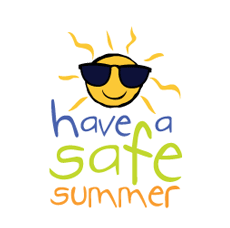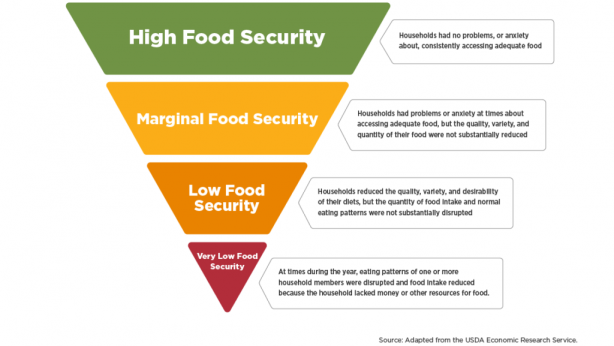June is PTSD Awareness Month
Any life threatening event or event that threatens physical harm can cause PTSD. These events may include:
- sexual abuse or violence (does not require threat of harm)
- physical abuse
- natural or man made disasters, such as fires, hurricanes, or floods
- violent crimes such as kidnapping or school shootings
- motor vehicle accidents such as automobile and plane crashes
PTSD can also occur after witnessing violence. These events may include exposure to:
- community violence
- domestic violence
- war
Finally, in some cases learning about these events happening to someone close to you can cause PTSD.
What are the risk factors for PTSD?
Both the type of event and the intensity of exposure impact the degree to which an event results in PTSD. For example, in one study of a fatal sniper attack that occurred at an elementary school proximity to the shooting was directly related to the percentage of children who developed PTSD. Of those children who directly witnessed the shooting on the playground, 77% had moderate to severe PTSD symptoms, whereas 67% of those in the school building at the time and only 26% of the children who had gone home for the day had moderate or severe symptoms (6).
In addition to exposure variables, other risk factors include:
- female gender
- previous trauma exposure
- pre-existing psychiatric disorders
- parental psychopathology
- low social support
Parents have been shown to have protective factors (practice parameters). Both parental support and lower levels of parental PTSD have been found to predict lower levels of PTSD in children.
There is less clarity in the findings connecting PTSD with ethnicity and age. While some studies find that minorities report higher levels of PTSD symptoms, researchers have shown that this is due to other factors such as differences in levels of exposure. It is not clear how a child’s age at the time of exposure to a traumatic event affects the occurrence or severity of PTSD. While some studies find a relationship, others do not. Differences that do occur may be due to differences in the way PTSD is expressed in children and adolescents of different ages or developmental levels.

